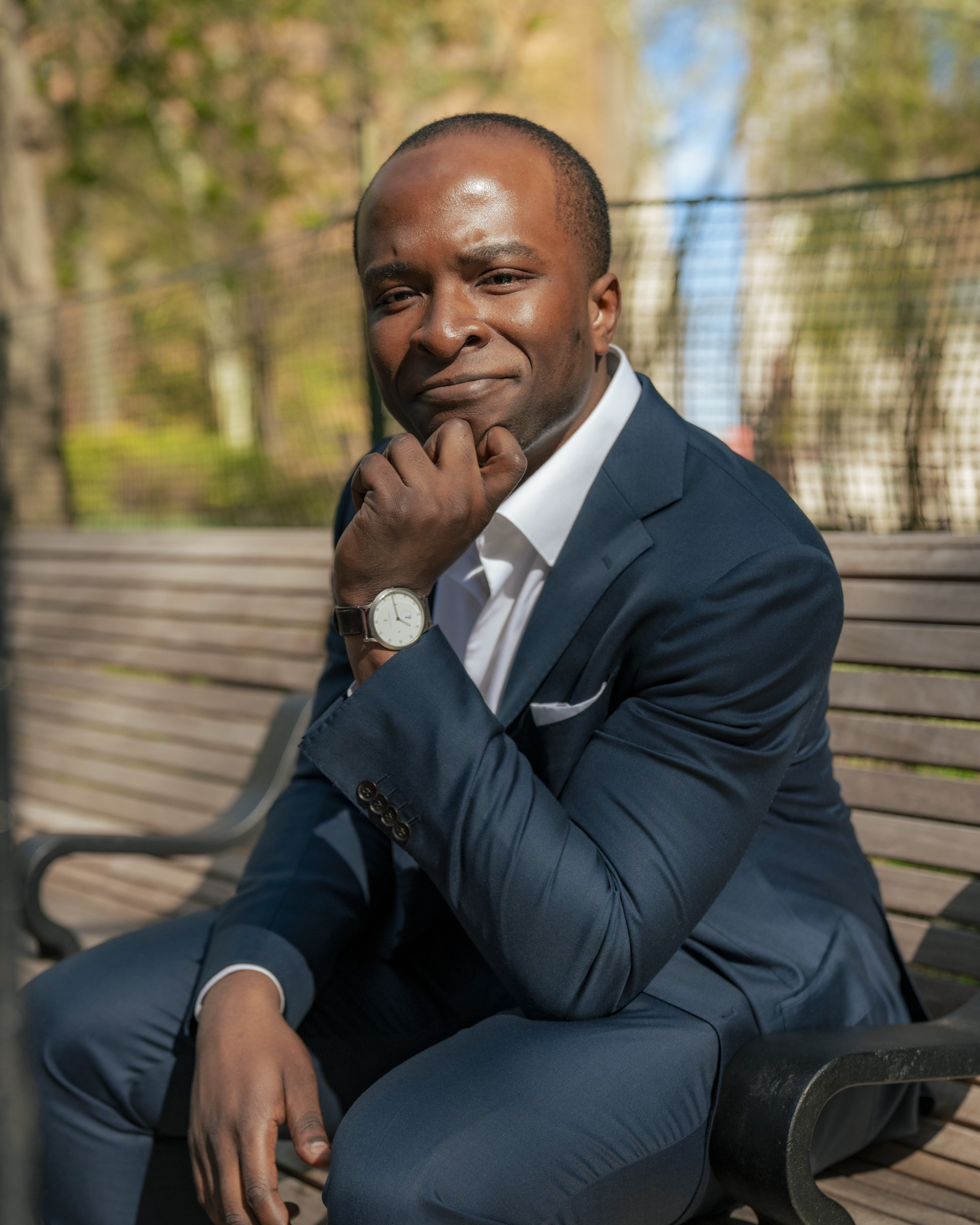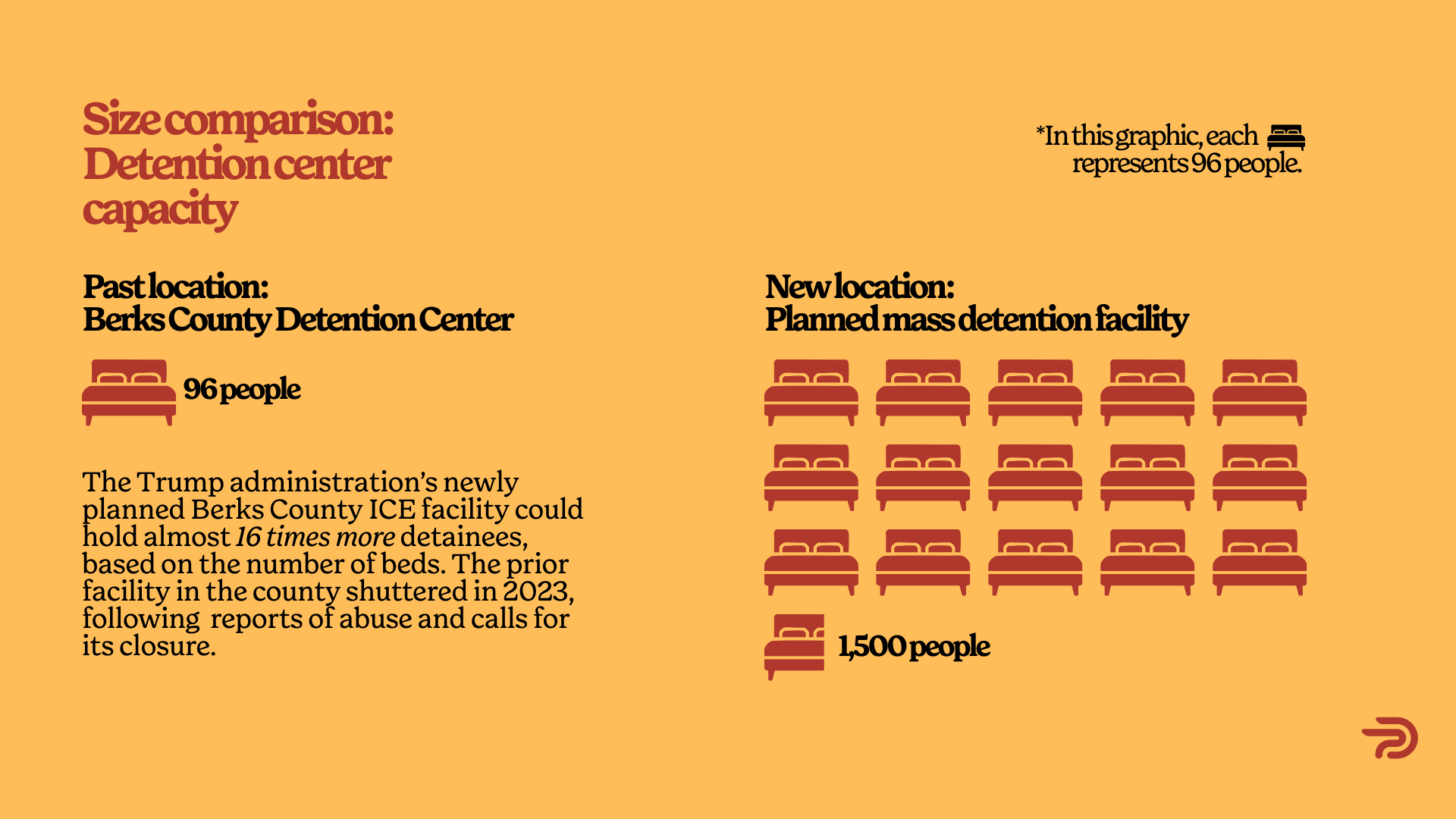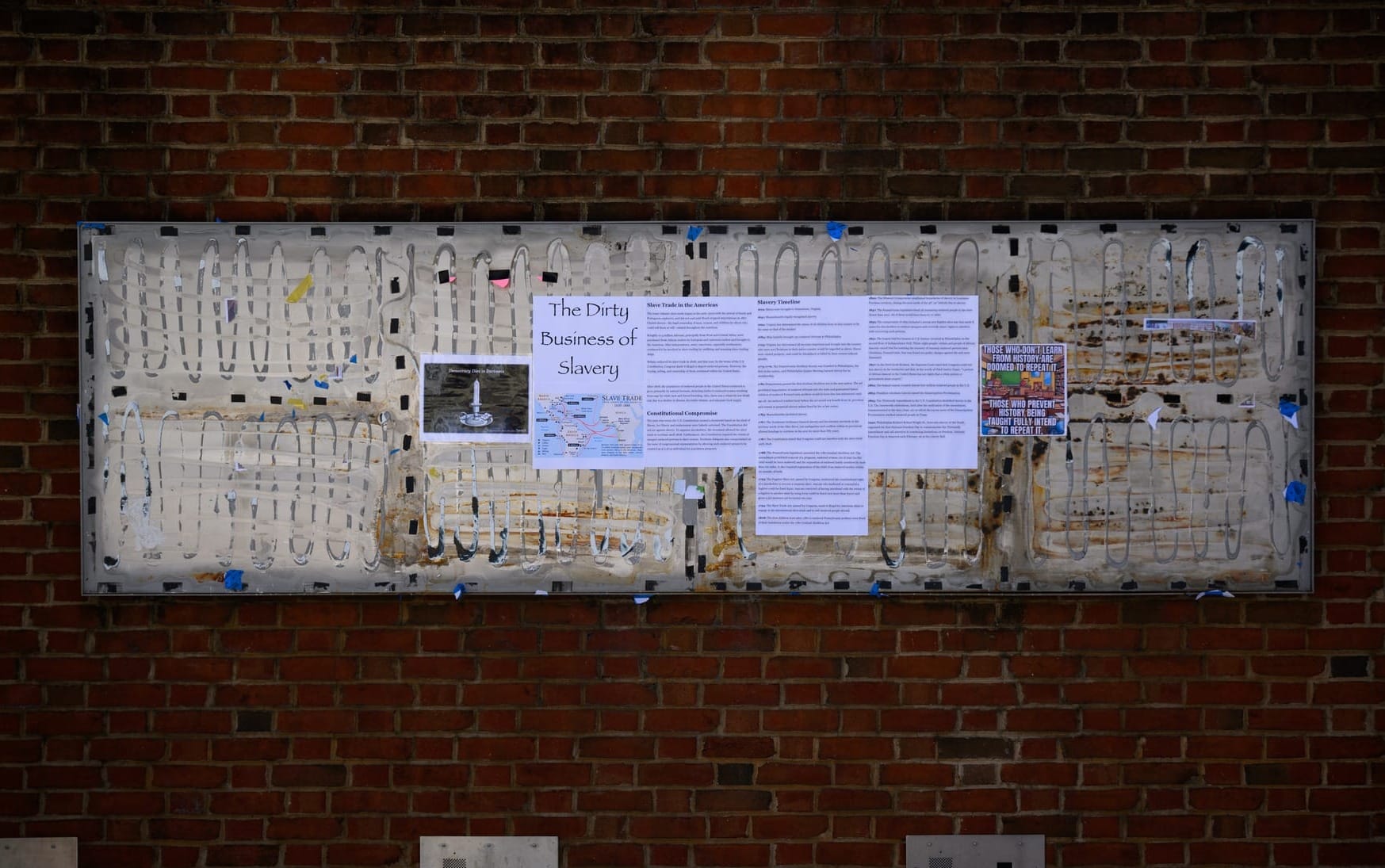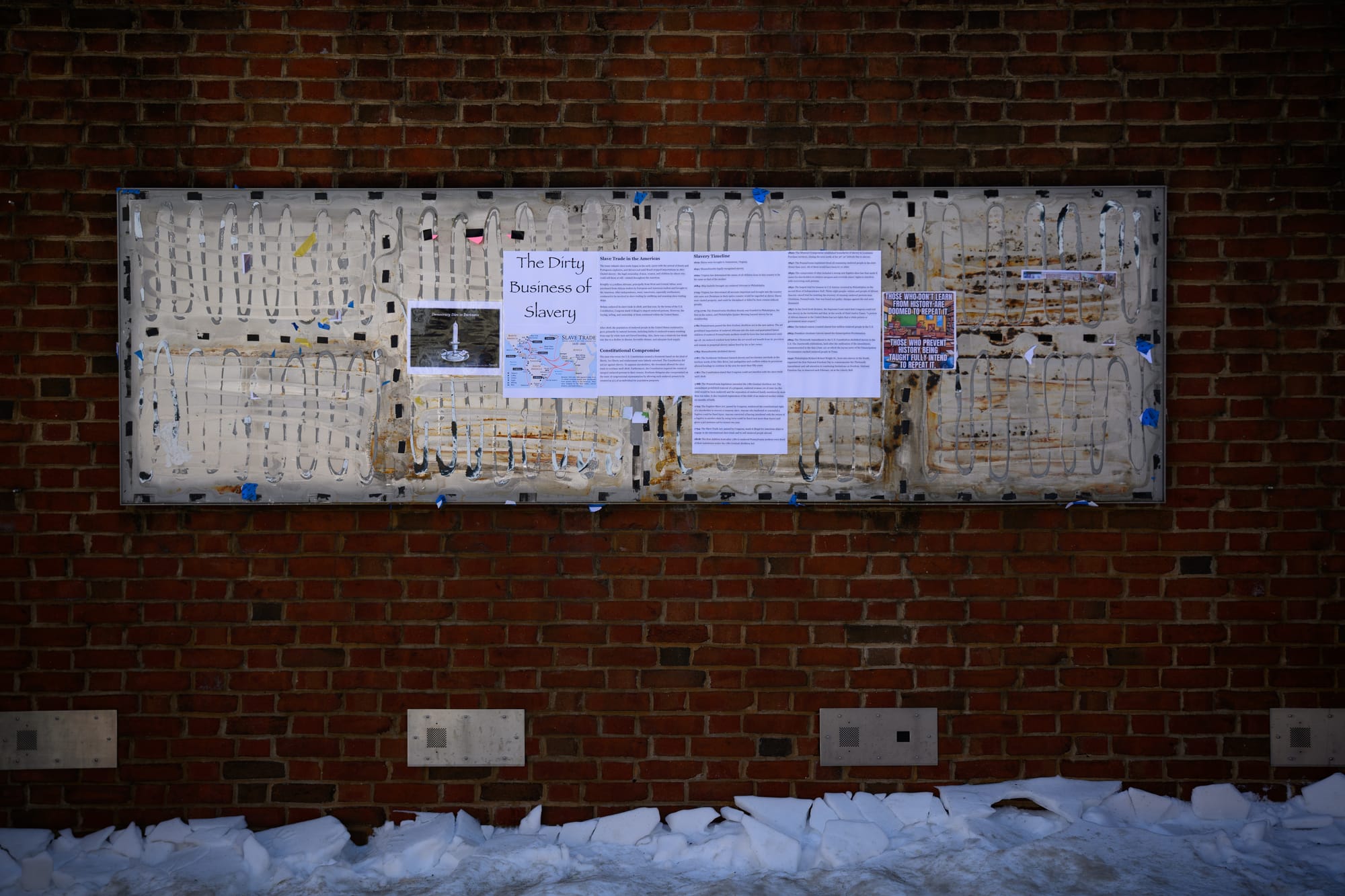The Kamala Harris Moment
"If Harris wins, she'd be the first Black woman president, and her win would usher in the future of leadership similar to JFK's presidency, where he ushered in a new generation of American politicians right after World War 2. "
This Tuesday in Philadelphia, Vice President Harris will kick off a week-long seven state campaign tour with her running mate. The last month has been nothing short of hectic for Vice President Harris. On July 25, President Joe Biden made a historic announcement. He dropped out of the presidential race, posting a brief letter online.
Everyone held their breath. Was Biden going to endorse anyone? Twenty-five minutes later, he shared a post on Twitter endorsing Vice President Kamala Harris to run for president of the United States. Biden had just made history.
The first time I'd heard about Harris, I was doing a research project in college about criminal justice reform, and a professor had recommended I read her 2009 book Smart on Crime: A Career Prosecutor's Plan to Make us Safer. At that time, Harris was not yet a world-renowned politician but a respected legal scholar in liberal circles, serving as the young Attorney General of California. Her book presented a refreshing argument: it's not enough to be "tough on crime"; prosecutors and lawmakers must also be reform-minded.
Years later, in 2013, the Department of Justice adopted Harris's approach, implementing it into its directives to prosecutors across the country that "Smart on Crime is to prioritize prosecutions of the most serious cases … national-security threats, violent crime, and financial fraud, as well as crimes that threaten the most vulnerable members of society."
Harris's trajectory from California to Washington mirrored the nation's tumultuous dance with its identity as the years unfurled. She defended capital punishment— one of the most barbaric vestiges of our punitive past—while simultaneously fighting for working people and winning a $25 billion settlement with Wells Fargo and other big banks engaged in race-based predatory financial practices. This duality, this constant negotiation between progress and the weight of office, would define her and become apparent in her 2020 presidential campaign.
During the summer of 2020, Americans were horrified by the murder of George Floyd, and the nation was going through what writers have called a "racial reckoning," questioning what role carceral institutions play in American society.
As Harris went on the campaign stump and began to articulate her "smart on crime" message, she found herself caught in the crucible of this reckoning. Progressive voters peppered her with tough questions about her prosecutorial background. They were frustrated that she did not bring the more progressive flavor of her competitors, Senator Bernie Sanders and former Congressman Beto O'Rourke.
On the other hand, more moderate Democratic primary voters weren't interested in her "Smart on Crime" message. They had already picked candidates like Joe Biden and Senator Amy Klobuchar, so Harris suspended her presidential campaign.
Months later, the same voters who rejected her for the nomination pushed her to be Joe Biden's Vice Presidential pick. Years later, as President Joe Biden dropped out of the race, Harris was given a second opportunity to run for the White House.
This time, it's different; being a prosecutor is no longer Harris's weakness, but it's very much her superpower. This is the weirdness of politics, sometimes the candidate picks the moment and otherwise the moment selects the candidate.
Harris faces off against the specter of Donald Trump—a man who embodies the very essence of white supremacy's last, desperate gasp. Trump, with his coterie of sycophants and his litany of crimes, represents everything that America claims to abhor yet cannot seem to exorcize from its body politic fully.
The Republican nominee is the first president in American history convicted of 34 felonies and was found liable in court for sexual abuse, making him a sexual predator. Vice President Harris's background as a former prosecutor protecting victims of sex crimes against the sexual predator Donald Trump presents a stark choice for voters.
Harris is now the law and order candidate running against a lawless, out-of-touch former president, suffering from what may be a cognitive disorder and would be one of the oldest American presidents in American history. His promises of "dictatorship on day one" echo the fever dreams of control-obsessed antebellum plantation owners, a stark reminder that the ghosts of our past are never indeed laid to rest.
Moreover, Harris now has the progressive successes of the Biden-Harris administration to run on. Harris is now responsible for canceling over $1.2 billion in student loan debt, helping President Joe Biden pass one of the most significant investments in climate change in American history, and bringing the country back on its feet after one of the worst pandemics in a generation. But will this be enough to woo voters?
I cannot answer that question. Because of who the candidates are, the 2024 election is not just a question of the "best" policy choices but about America's soul.
Is America truly ready to confront its reflection? Will we choose the path of progress, however imperfect and fraught with compromise it may be? Or will we succumb to Donald Trump's song and its melody of grievance, anger, and resentment?
This is difficult for me. As a writer, there's no history to point to where I can draw a fair comparison to what our nation is experiencing now. America has never had a Black woman running atop a Democratic ticket, let alone any presidential ticket. Shirley Chisholm, the first Black woman running for president, fizzled out at the primary but left a historical mark. Her 1972 DNC speech titled "I Have Paved the Way" announced her presidential candidacy and was lauded by historians as a speech for the history books, but it failed to pave a path to the presidency.
At the same time, America has experienced volumes of history in the last 60 days. As a historian once said, "There are decades where nothing happens, and there are weeks when decades happen."
In the last several months, a former president was convicted of a crime for the first time in history. Then, for the first time since President Ronald Reagan, a presidential assassination attempt occurred. Then, for the first time since President Lyndon B. Johnson, Joe Biden, the sitting president, decided not to seek reelection, saying, "The best way forward is to pass the torch to a new generation," telling voters, similar to George Washington's farewell address, "History is in your hands."
And that's where the Harris campaign is headed: completely uncharted waters. There's no playbook for this. There's no past campaign Harris can look at to guide her to victory.
If Harris wins, she'd be the first Black woman president, and her win would usher in the future of leadership similar to JFK's presidency, where he ushered in a new generation of American politicians right after World War 2. Assuming Democrats also win the House, Congress would be led for the first time by a Black man from New York, Representative Hakeem Jeffries.
But make no mistake—this is not Kamala Harris or the Democrats' burden alone. It is ours. All of ours. In November, it is not just Kamala Harris on the ballot but the very soul of America itself.





